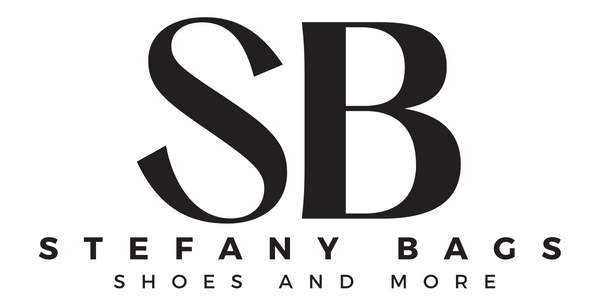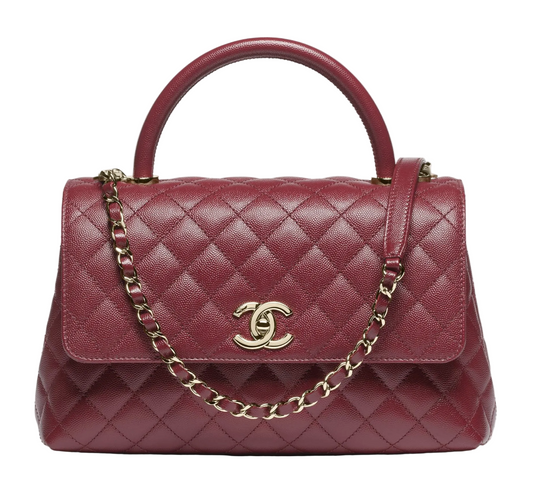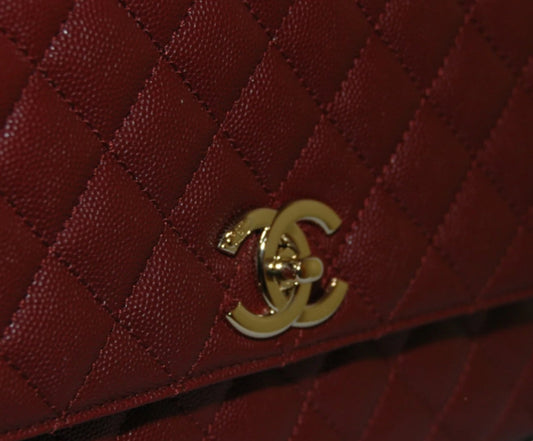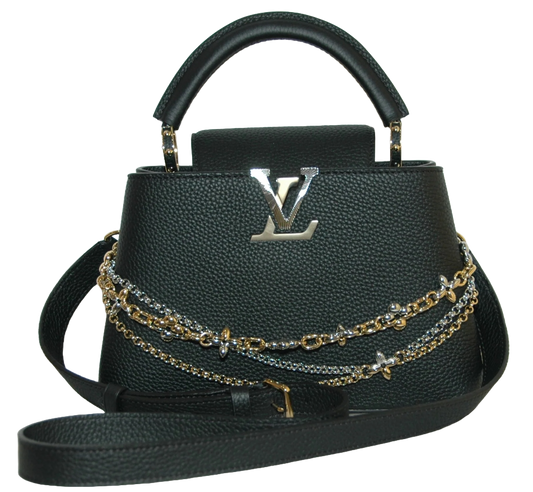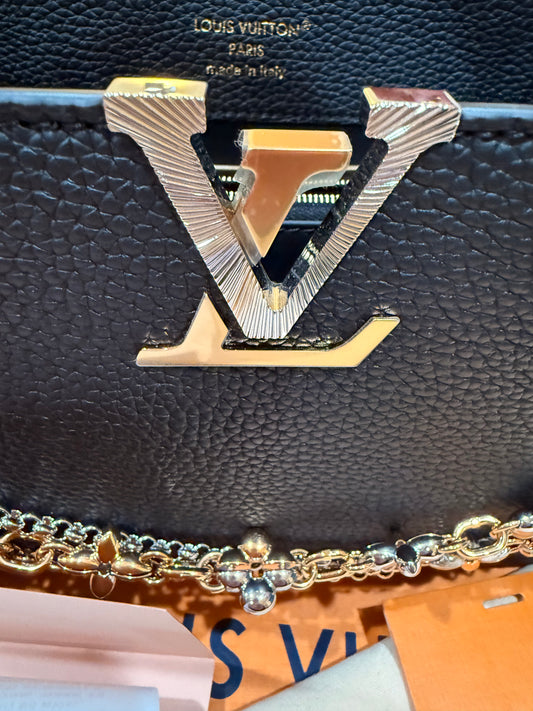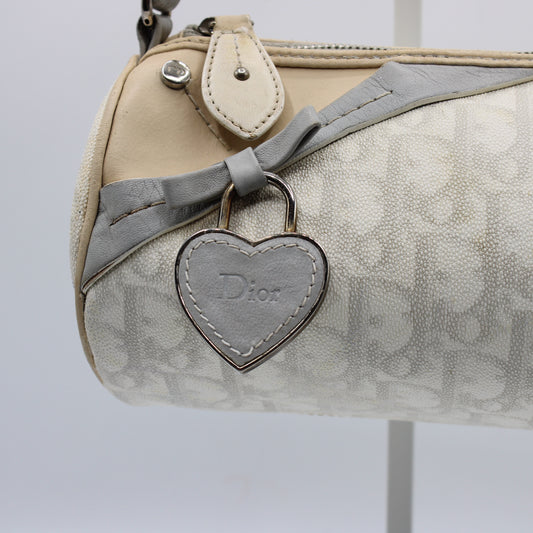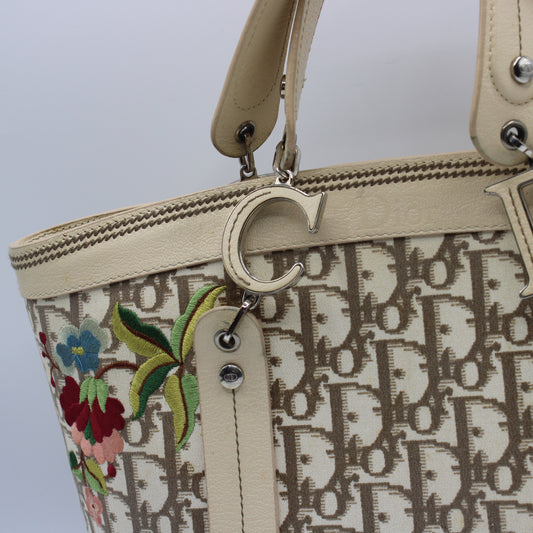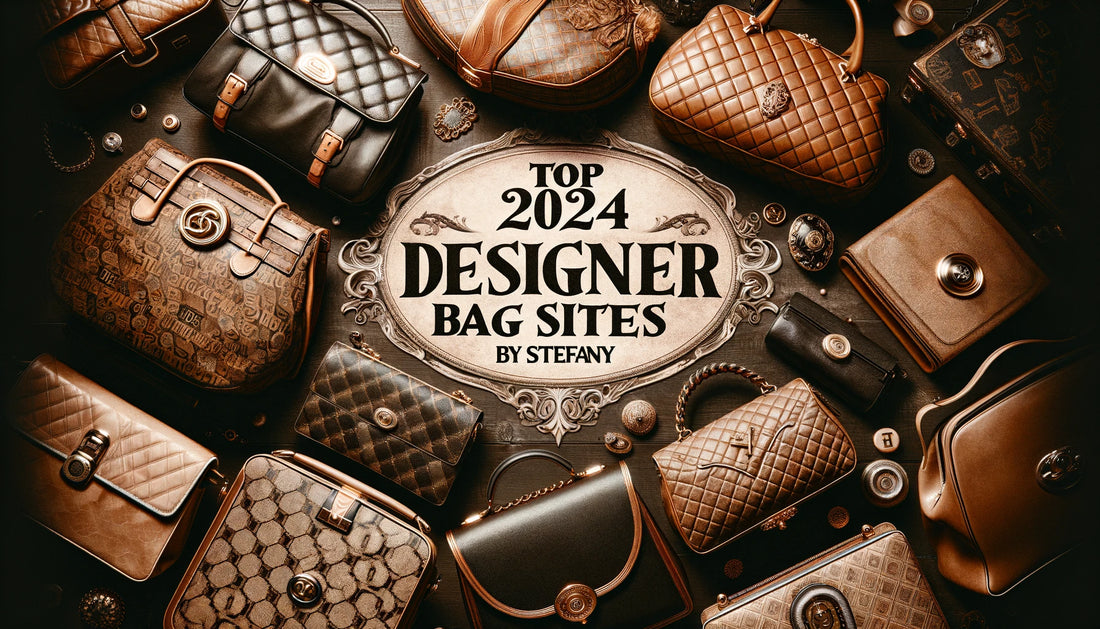
Top Used Designer Bag Sites 2024 Your Sustainable Luxury Guide
Stefany BagsShare
© 2024 Stefany Bags Shoes and More
In a world where luxury intertwines with eco-consciousness, the online marketplace for used designer bags is not just thriving—it's revolutionizing fashion. 2024 has ushered in an era where platforms like Poshmark, The RealReal, and Vestiaire Collective aren't merely places to shop; they're destinations where sustainability meets style.
With Poshmark's revenue up by 11%, The RealReal's community exceeding 31 million, and Vestiaire Collective's 23 million-strong global presence, these powerhouses are redefining luxury retail. They offer not only a vast selection of high-end goods but also the reassurance of authenticity and a commitment to reducing fashion's environmental footprint. This pivot to responsible luxury consumption mirrors a broader societal shift, where the allure of owning designer pieces is matched by a desire to shop smarter and sustainably.
These marketplaces cater to an audience that seeks the prestige of designer labels without the environmental cost of fast fashion. As discerning collectors and fashion enthusiasts delve into these digital treasure troves, they're not just acquiring pre-loved items; they're contributing to a movement. It's a movement that Stefany Bags Shoes and More embodies with its dedication to quality, detail, and an ethos that marries the charm of individuality with the wisdom of eco-friendliness. Together, these platforms form a vibrant ecosystem that celebrates the past, cherishes the present, and paves the way for a more sustainable fashion future.
Detailed Exploration of Top Platforms for Used Designer Bags
The digital domain of pre-loved luxury is a curated catalog of heritage and vogue, where sustainability and opulence coalesce. As we traverse the virtual boutiques and platforms, we encounter a spectrum of purveyors that advocate for the circular economy through the resale of designer treasures. It's important to note that positions in this list do not solely reflect the size and growth of the companies listed but rather their significance within the vintage bag world of 2023.
- The RealReal: Standing at the forefront with meticulous authentication protocols, this giant boasts a lavish array of luxury, evident in its substantial member base and revenue. It's a beacon for the enduring splendor of high-end brands.
- Vestiaire Collective: This community-driven marketplace, with a 23 million strong international membership, champions the circular fashion movement, ensuring each piece's authenticity and quality.
- Poshmark: While designer bags and luxury items form a smaller, yet vital part of Poshmark's diverse sales, their revenue growth reflects a robust community where style intersects with social connectivity.
- Fashionphile: Fashionphile has experienced notable growth and engagement in 2023, reflecting the broader trend towards recommerce and sustainability in luxury fashion. With a 243% increase in searches for "magenta" following Pantone's Color of the Year announcement, the platform has shown it can swiftly adapt to and capitalize on emerging trends. Additionally, sales for denim bags and raffia/woven bags have seen significant increases, indicating a shift in consumer preferences towards both texture and sustainability. Fashionphile's proactive stance on authentication and its commitment to a circular fashion economy underscore its pivotal role in the luxury resale market's expansion.
- Rebag: Rebag, established in 2014 by Charles Albert Gorra and Erwan Delacroix, has demonstrated significant growth within the luxury resale market. Embracing modernity, Rebag offers a swift, user-friendly platform for acquiring designer goods, resonating with a clientele that values both the contemporary and the classic. With a forward-looking vision termed "Resale 2.0," Rebag's trajectory from its founding to achieving revenues of $23.7 million by 2023, illustrates its dynamic expansion and commitment to blending modernity with classic luxury.
- eBay: As the quintessential marketplace giant, eBay's vast offerings and competitive auctions continue to attract a broad audience, including those in search of rare and unique luxury items. eBay's recent statistics highlight a mixed performance, with a 2% decline in gross merchandise volume to $18.2 billion, despite surpassing analysts' estimates. Active buyers decreased by 4%, resulting in 132 million active users. However, eBay's advertising revenue provided a positive note, generating $367 million and exceeding expectations. These figures reflect eBay's ongoing efforts to adapt and grow, particularly through an increased focus on luxury items and enhanced online features.
- The Luxury Closet: Based in Dubai since 2011, has become a prominent online marketplace for pre-owned luxury items. With a 2024 annual revenue of $9 million and $32.7 million in total funding, it demonstrates significant growth and trust from investors like HB Investments and Middle East Venture Partners. Despite Crunchbase reporting $14 million in capital raised, the broader support underscores its appeal in the luxury resale market, blending high-end allure with the convenience of digital access for buyers and sellers globally.
- Depop: Depop, since its 2011 launch, has firmly established itself in social e-commerce, particularly among the under-26 demographic. In 2022, the platform reported revenues of $85 million, with a vibrant community of 3.1 million active buyers and 1.8 million active sellers. However, with most items priced between $5 and $45, Depop's marketplace, though rich in vintage finds, doesn't typically align with the higher price points often seen in traditional luxury markets. This accessibility and pricing strategy underline Depop's unique position in the fashion resale ecosystem.
- Thredup: Aligning affordability with eco-friendliness, Thredup's curated selection of luxury bags offers a sustainable shopping option that's resonating with eco-aware consumers. ThredUp, in its second quarter of 2023, showcased a revenue increase of 8% year-over-year, reaching $82.7 million. Despite a slight decrease in active buyers, the company continued to expand its Resale-as-a-Service offering, partnering with brands like American Eagle. ThredUp's efforts highlight its commitment to affordability and eco-friendliness, resonating with eco-aware consumers seeking sustainable shopping options.
- Farfetch: Farfetch's pre-owned section showcases a curated mix of past and present styles, appealing to those who seek a seamless blend of eras. Farfetch's second quarter of 2023 demonstrated solid growth and efficiency in its operations. The platform saw a 7% and 10% year-over-year increase in Digital Platform GMV and Digital Platform Services Revenue, respectively. With a record 4.1 million active consumers, up by 7% from the previous year, and a strong supply growth of over 40%, Farfetch is advancing towards its 2023 goals of strong growth, Adjusted EBITDA profitability, and positive Free Cash Flow. These results underscore Farfetch's commitment to blending past and present styles seamlessly on its platform.
- What Goes Around Comes Around: A sanctuary for vintage luxury fashion aficionados, boasts an estimated annual revenue of $35.5M. This figure underscores the brand's substantial impact within the ultra-luxury segment, with an impressive revenue per employee of $245,100. The company's total funding has reached $20.4M, reflecting strong investor confidence in its business model and growth potential. With a dedicated team of 145 employees, which expanded by 23% last year, What Goes Around Comes Around is well-positioned to continue its mission of offering meticulously curated pieces that narrate the rich tales of fashion history to its discerning clientele.
- Bagista: We couldn't find specific growth statistics or recent financial data for Bagista in 2023. Bagista continues to offer a boutique experience for those seeking high-quality designer accessories, with a focus on customer satisfaction and attention to detail. This unique approach caters to a niche market of consumers looking for exceptional pieces that stand out in the world of fashion accessories.
- Luxury Garage Sale: Continues to stand out in the upscale thrifting market, offering a curated selection of high-end bargains that do not compromise on luxury. This platform is a haven for connoisseurs seeking exceptional pieces from premium brands, emphasizing quality and exclusivity.
- StockX: Fusing the luxury segment with streetwear hype, StockX's live marketplace model offers a unique and dynamic pricing strategy for sought-after items. With a revenue surpassing $3.8 billion and a total funding of $690 million, primarily caters to a younger audience through its resale of sneakers, streetwear, and electronics, rather than focusing on the luxury designer resale market. With over 1 million lifetime sellers and 6.5 million lifetime buyers, its market share in luxury designer resale isn't its main focus, as it's more recognized for limited-edition items and hype products.
- 1stDibs: Catering to the discerning art and luxury lovers, 1stDibs presents a curated collection that stands as a testament to fashion as a form of art. 1stDibs reported a third-quarter 2023 net revenue of $20.7 million, marking a 9% decrease year-over-year. Despite this decline, their gross margin improved to 73.3% from 68.0% in the previous year. The company's GAAP net loss reduced to $3.3 million from a net loss of $9.0 million in the third quarter of 2022. These figures reflect 1stDibs' efforts to navigate the luxury resale market's challenges while enhancing their operational efficiency and financial health.
- Collector Square: With expert appraisals and a rigorous authentication process, Collector Square has become a trusted destination for investing in pre-owned luxury. Its emphasis on quality and authenticity ensures a reliable shopping experience for those looking to acquire or sell high-end goods.
- Vivrelle: This innovative platform introduces a membership model, allowing users to indulge in luxury on a loan basis, redefining ownership in the luxury space. Vivrelle offers access to an enviable collection of designer handbags, jewelry, and accessories, making luxury more accessible to a broader audience.
- Sellier: For those seeking exclusivity, Sellier offers rare and sought-after pieces coupled with exceptional service, catering to a niche market. Its focus on high-quality, unique items distinguishes Sellier as a premier destination for discerning shoppers.
- Used Leather Bags: Celebrating craftsmanship, Used Leather Bags is dedicated to the art of leatherwork, showcasing items with storied pasts and enduring quality. This platform appeals to those who value the history and craftsmanship inherent in each piece.
- Smaller Boutiques: Emerging smaller boutiques like Stefany Bags Shoes and More are gaining attention for their unique offerings and personalized service. They exemplify the charm and individuality smaller platforms bring to the luxury resale market, distinguishing themselves through curated selections and a focus on customer experience.
Conclusion: Embracing Sustainable Luxury
As the quest for sustainable luxury gains momentum, a plethora of platforms cater to this modern approach to fashion. From the pinnacle of exclusivity to community-driven endeavors, these websites offer a diverse array of choices, each contributing to a more sustainable and responsible fashion ecosystem. In today's digital era, the pursuit of the perfect pre-loved designer bag is an exhilarating adventure, where each discovery unveils a new story and an opportunity to participate in the circular economy.
The landscape of luxury resale is expansive and multifaceted, providing a rich tapestry of options for the discerning buyer. Whether you're a seasoned collector or embarking on your first luxury purchase, these platforms serve as a playground for those who appreciate the artistry of designer fashion with a mindful approach. It's a movement that Stefany Bags Shoes and More proudly embodies, offering a curated selection of items that marry the charm of individuality with the wisdom of eco-friendliness.
In the competitive landscape of luxury fashion, aggregator platforms are vigorously vying for market share, driven by their emphasis on exclusive inventory and sophisticated customer insights. The rise of aggregator sites and the proliferation of smaller boutiques like Stefany Bags Shoes and More highlight a significant shift in consumer behavior—from brand-centric shopping to a more product-focused approach, where the quality and story behind each item take precedence.
This shift signifies a departure from transient trends and fast fashion, paving the way for a future where luxury is not just about the label but the legacy it carries forward. As we look towards the horizon, the fusion of technology, consumer-centric strategies, and a steadfast commitment to sustainability promises to reshape the luxury retail landscape, making it more inclusive, accessible, and environmentally conscious.
Happy hunting for your next treasure, and may your choices continue to weave tales of luxury, sustainability, and style.
